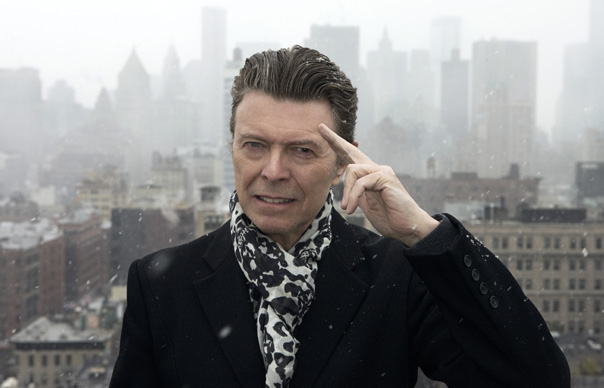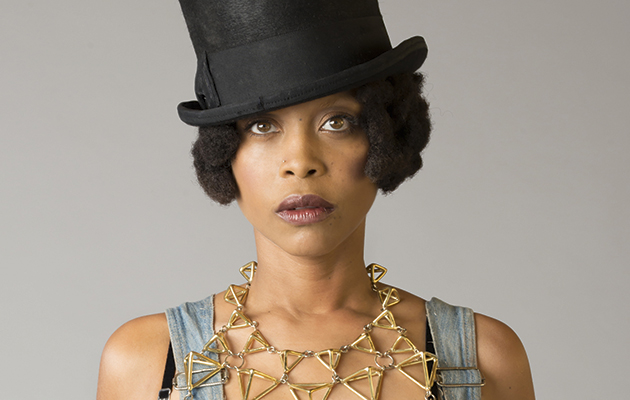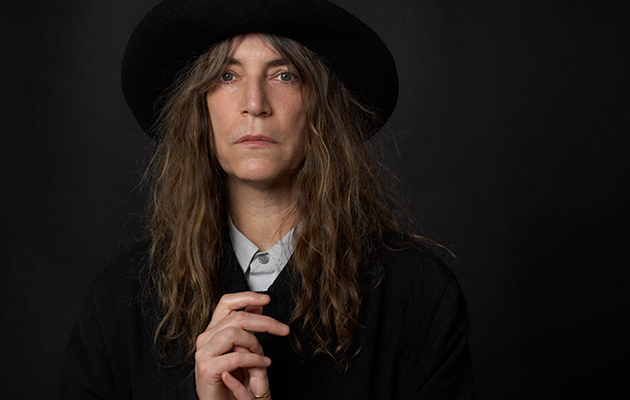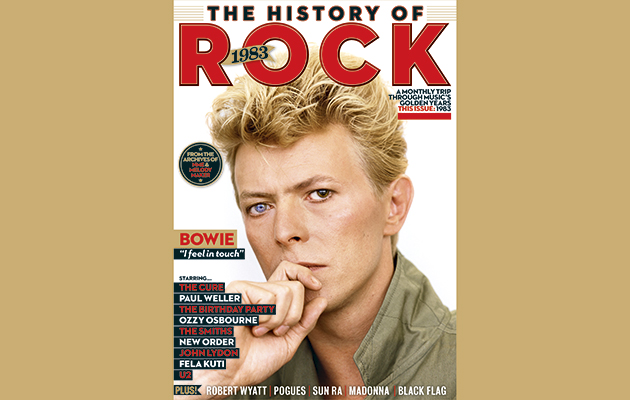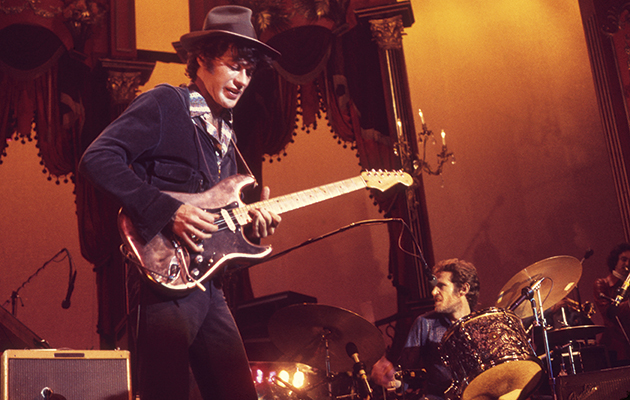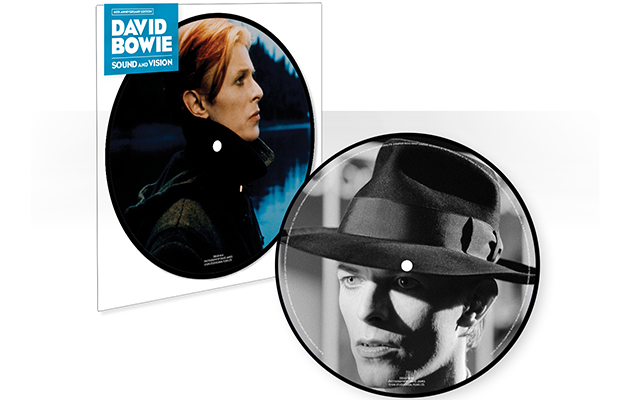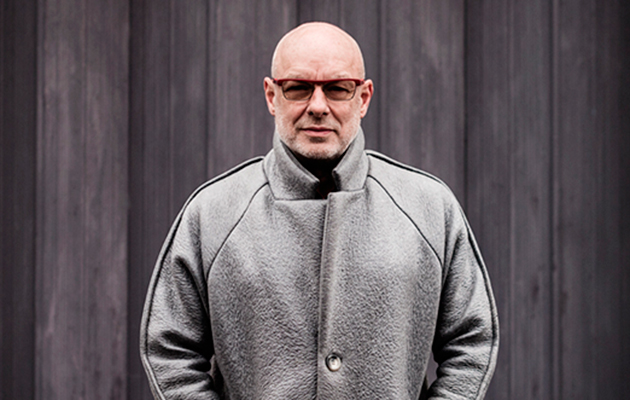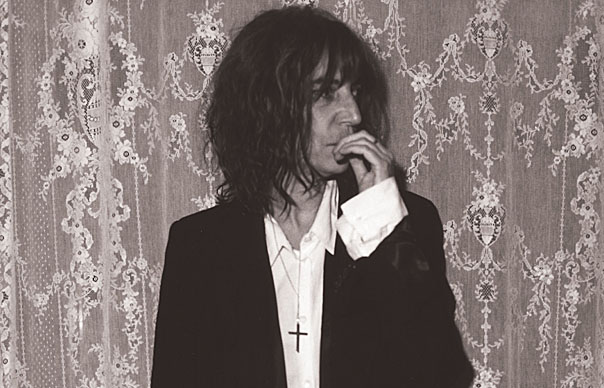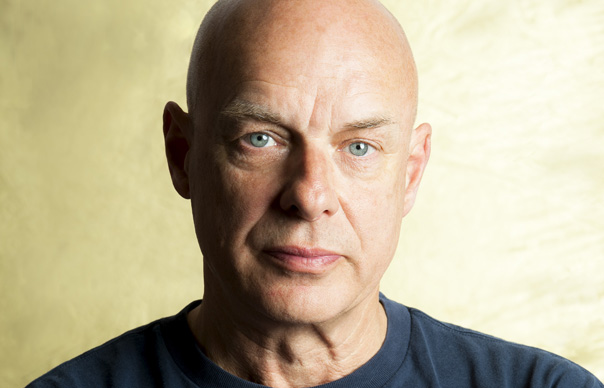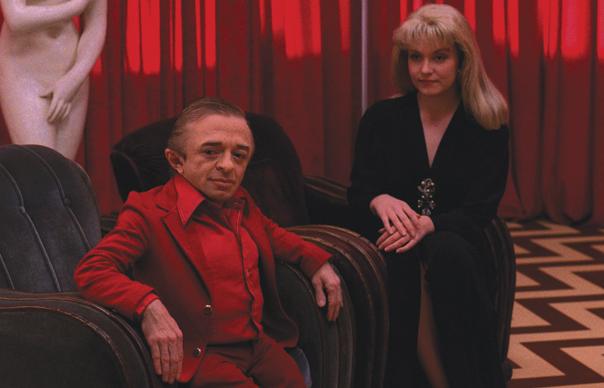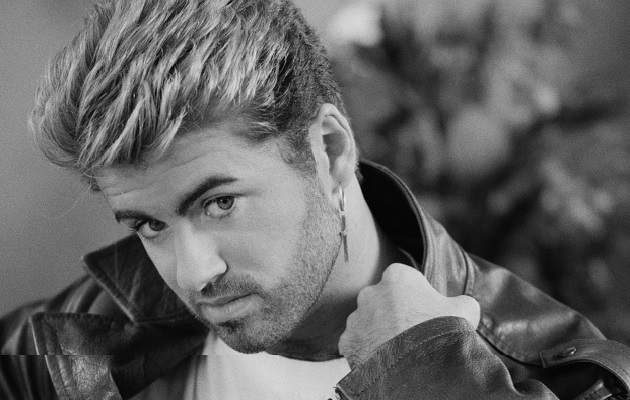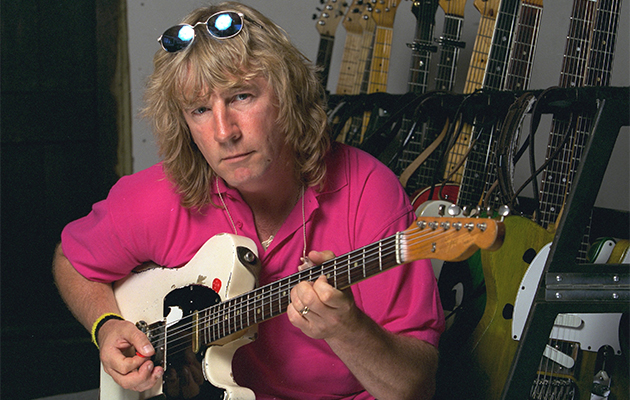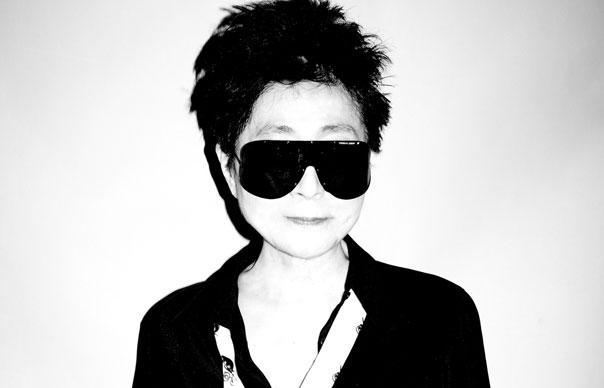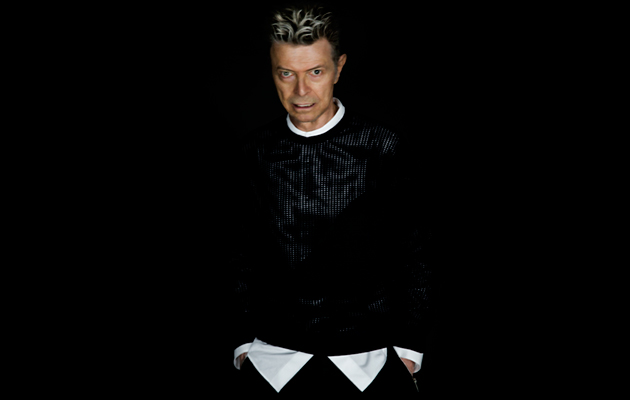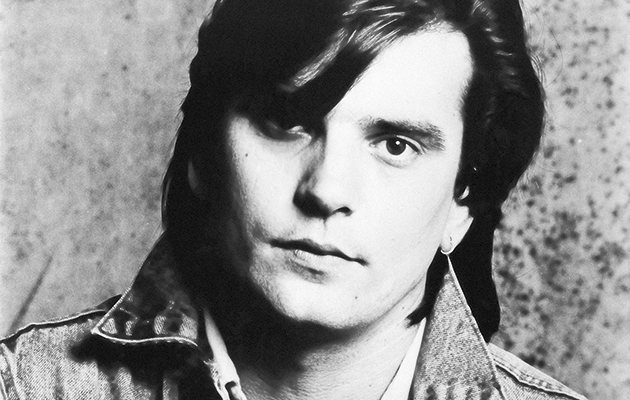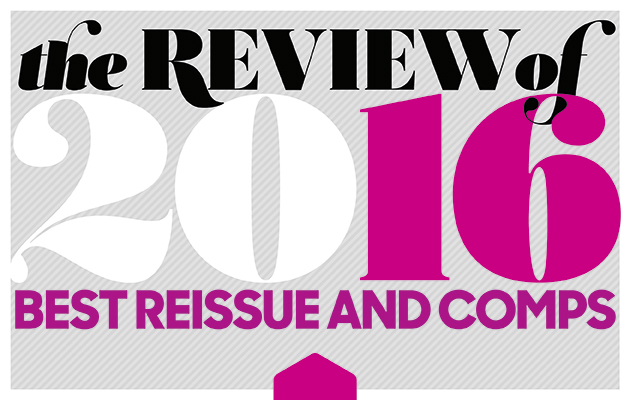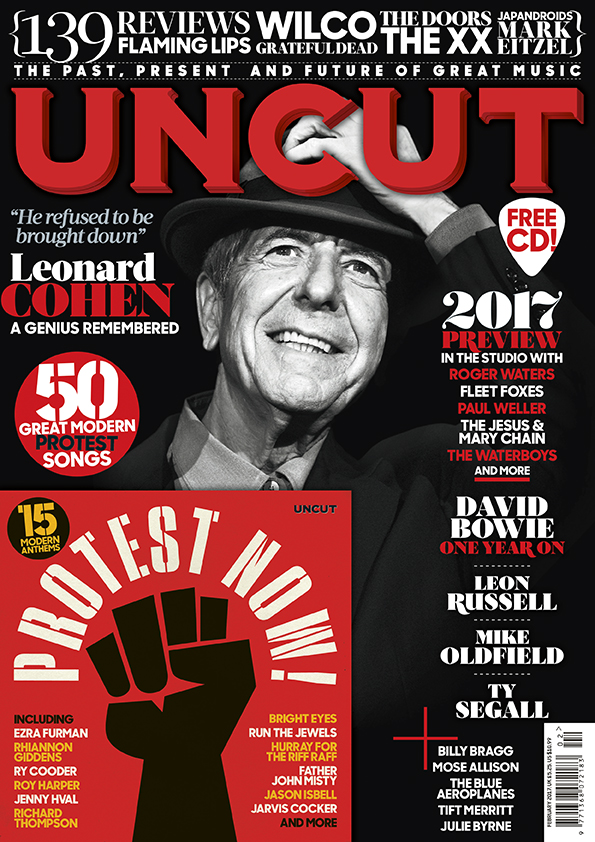By the mid-1970s, The Band were falling apart. The quality of their albums had declined precipitously since they left the East Coast for the beaches of California, and the more they toured, the more they consumed – and were consumed by – drugs, alcohol, recklessness and ego. Robbie Robertson, guitarist and chief lyricist, was burned out. “I had started to contemplate the idea that we might need to get off the road before something really bad happened,” he writes in his new memoir, Testimony. “Somewhere along the way we had lost our unity and our passion to reach higher. Self-destructive had become the power that ruled us.”
Robertson hatched the idea for a final concert, a celebration of The Band’s music that would showcase them as both an independent unit and a support group for a range of their heroes and contemporaries. Not everyone was on board with the decision (in his own memoir, This Wheel’s On Fire, drummer Levon Helm in particular objects to it), but for Robertson it was a means of closing one chapter of their careers together and hopefully opening another. The members of The Band had, after all, been playing together for 16 years. Starting in 1960, the teenagers cut their teeth backing rockabilly wild man Ronnie Hawkins on the rowdy roadhouse circuit. Later in the decade they helped Bob Dylan go electric, but turning folk into rock and enduring the cries of “Judas!” proved a punishing gig that got under drummer Levon Helm’s thick skin. He temporarily retreated to a more relaxing job on an oil rig in the Gulf of Mexico.
Gradually they grew into their own self-contained unit, adopting the modest moniker The Band. Initially there was no frontman, no assigned roles. Everybody except keyboardist Garth Hudson sang, everybody except Robertson switched off instruments. Their first two albums, including the recordings they made with Dylan in Woodstock, formed the bedrock of what we now call Americana: The Band not only mined old veins of traditional American music but set their songs in some wildly imagined past, at a distance from the political and social realities of the 1960s and ’70s.
For a group devoted to democracy and anonymity – to the suppression of self in pursuit of new American music – the idea of celebrating their legacy just seven years after their public debut as The Band might seem like an insurmountable contradiction, and The Last Waltz could have been a folly, both logistically and conceptually. A modest farewell concert quickly ballooned into an elaborate send-off that included an actual Thanksgiving dinner for thousands of fans, an impressive roster of guest vocalists, a concert film directed by Martin Scorsese and a triple live album that cemented The Band’s legacy.
It’s one of rock’s true miracles that The Last Waltz didn’t end in disaster. Somehow both the album and the film have become landmarks, to the extent that the death of The Band might actually overshadow its life. Every lesson these five musicians learned during those 16 years together comes through on The Last Waltz, which is receiving a deluxe edition on its 40th anniversary: four CDs of live, studio, and rehearsal cuts along with new liners and, in some editions, a hardbound copy of Scorsese’s shooting script. While the tracklist is based largely on the 2002 boxset, the music has been remastered to underscore the dynamic between The Band members. In fact, Scorsese’s film is shot to emphasize the easy communication between the players, who nod, signal, and count off to one another like seasoned pros – which, even in their early thirties, they already were.
Helm and bassist Rick Danko comprise a rhythm section that’s somehow tight and loose at the same time, with Robertson adding flourishes of bluesy guitar, Richard Manuel playing piano, and Hudson tying everything together with almost supernatural ingenuity. Songs like “The Weight” (recorded later in a studio with the Staples) and “The Night They Drove Ol’ Dixie Down” benefit from this democratic approach, which means the singers don’t act as frontmen and there’s almost no soloing. When Robertson does trade licks with Eric Clapton, these results are stiff, a bit awkward, out of place.
The Band was originally a backing band, tailoring their performances to complement whoever happened to be fronting them at any moment. Hawkins, the man who more or less assembled the group, shows up and they let him nearly steal the show with a crazed version of signature hit “Who Do You Love”. With his graying hair barely contained under a weathered cowboy hat, he projects an outsize personality that seems bigger than the stage, bigger than the whole Winterland in fact. And towards the end of the show, Dylan joins them for a few numbers, including a version of “Forever Young” whose sentimentality brings the proceedings to a standstill – and not in a good way. Everybody sounds wilier and wilder on “Let Me Follow You Down” and “Hazel”, each instrument contributing to a weirder, more reckless sound.
There’s something exciting about the ease and fluidity with which The Band toggle between headliners and backing group. They inject some funk and life into the start-stop riff of Muddy Waters’ “Mannish Boy” and maneuver deftly through the tricky chord changes of Joni Mitchell’s “Coyote”. Best of all might be Neil Young, whose “Helpless” not only assays the beauty of the Canadian landscape but ends with a stirring singalong chorus. They closed the night with an impromptu rendition of Dylan’s “I Shall Be Released”, calling all their friends onstage for that hymn-like refrain, then they performed only one encore, their cover of the Holland-Dozier-Holland hit “Don’t Do It”, chosen more for its ironic commentary than as a big moment. It’s an almost charmingly unceremonious end to a highly ceremonious evening, yet even now it’s hard to discern whether The Last Waltz as an album is as good as it purports to be, if its reputation might not derive more from the momentousness of the occasion than from the music it contains.
Q&A
ROBBIE ROBERTSON
What was going on with The Band in 1976? What precipitated the idea for The Last Waltz?
We wanted to come to some kind of a crossroads, some place where we could bring some things to a conclusion and find some freshness, some inspiration, some excitement. What can be exciting and what can be next for us? Then there’s the combination of just being a little burnt out and tired on being on this routine. You make a record, you go out and you do a tour; you make a record, you go out and you do a tour. It’s a bit of a merry-go-round.
During that period in the ’70s, a lot of our friends had died, so you think, Jesus, we have to find some way to pull over to the side of the road before we get run over. A couple of guys in The Band were having some health issues and addiction issues. So I came up with the idea to just get off the road. There’s a lot going on out there and it wasn’t healthy. It seemed like every place that we played there were packs of people that would show up and they were a bit demonic, to be honest about it. They were coming around with drugs and all kinds of stuff. It was a temptation. And we weren’t like, be gone, you devils! It was more like, come on in! I thought, you know what, let’s bring this episode in our lives to a conclusion in a real musical and graceful way. Let’s pay thanks. Let’s honor what an incredible journey we’ve had.
How did it start out?
In Testimony, I go into specific detail on what was going on behind the curtain. It was a long ordeal, but it was a magical ordeal as well. It started from a very simple place, a very basic place, and you plant those seeds and then you see how they grow. I thought we could get a few nice flowers out of this, and it turned out to be a beanstalk. We were just going to invite Ronnie Hawkins and Bob Dylan and do a concert. Those two guys had meant the world to us in our musical journey. But then somebody would say, we can’t do this and not invite Eric Clapton. He’s been so supportive. Then somebody else would say, we’re not going to do this and not invite Van Morrison. It went on and on, and each stage of it grew in a very natural way. Nobody was thinking about how to make it big. We were just trying to do something beautiful. I thought, if we’re going to do this thing, we better document it just for the archives. Everything just kept growing, but it never felt like it was losing its way or its meaning. It all seemed to be getting closer to its meaning. I felt like I had to follow this path to its conclusion.
Can you tell me a little bit about devising the setlist for the show?
You just choose what feels the most natural at the time. There were a lot more songs than were in the movie. We shot what we could, but you couldn’t shoot everything or those cameras would just overheat and stop working. So we had to figure out a system. There had to be some sacrifices made with the songs we chose to play. All of it just came out of being in the moment – what we felt like we could really dig our hooks into at the time.
What was it like to revisit this era in The Band’s history for Testimony?
I found at a really young age that I had a certain kind of memory. If I use it, I can go back in time and go to a particular scene and I can remember what people were wearing. I can remember what people were saying. It’s almost like I just have to aim my sights at it. If I do have it stored in the attic of my memory, I can go there. Writing this book has been the most joyous use of that gift of memory. Some of it was very painful, but I felt like if I could relive it and write it in an honest way, I could unload some of that heaviness I’ve been carrying around with me all my life. I felt like it would be good for me to just set these stories free. I’m going to get a little more pep in my step. Writing this book was psychologically uplifting. It wasn’t all peaches and cream, but I had to be honest about it.
One part of Testimony that stood out to me was near the end. It’s after the final show, but you’ve still got some sessions to rehearse. You’re at the studio, but nobody else shows up.
That was the writing on the wall. You have to read the signs, and that said something to me. I didn’t know at that time that it was final, but it was a sign. It was a sign of what was to come. Eventually everybody had these cool projects, which is good. We thought we might come back after everybody feels good about it and did these things they wanted to do, but nobody came back.
INTERVIEW: STEPHEN DEUSNER
The February 2017 issue of Uncut is now on sale in the UK – featuring our cover story on Leonard Cohen. Elsewhere in the issue, we look at the 50 Great Modern Protest Songs and our free CD collects 15 of the very best, featuring Ry Cooder, Jarvis Cocker, Roy Harper, Father John Misty, Hurray For The Riff Raff and Richard Thompson. The issue also features our essential preview of the key albums for 2017, including Roger Waters, Fleet Foxes, Paul Weller, The Jesus And Mary Chain, the Waterboys and more. Plus Leon Russell, Mike Oldfield, Ty Segall, Tift Merritt, David Bowie, Japandroids, The Doors, Flaming Lips, Wilco, The XX, Grateful Dead, Mark Eitzel and more plus 139 reviews


